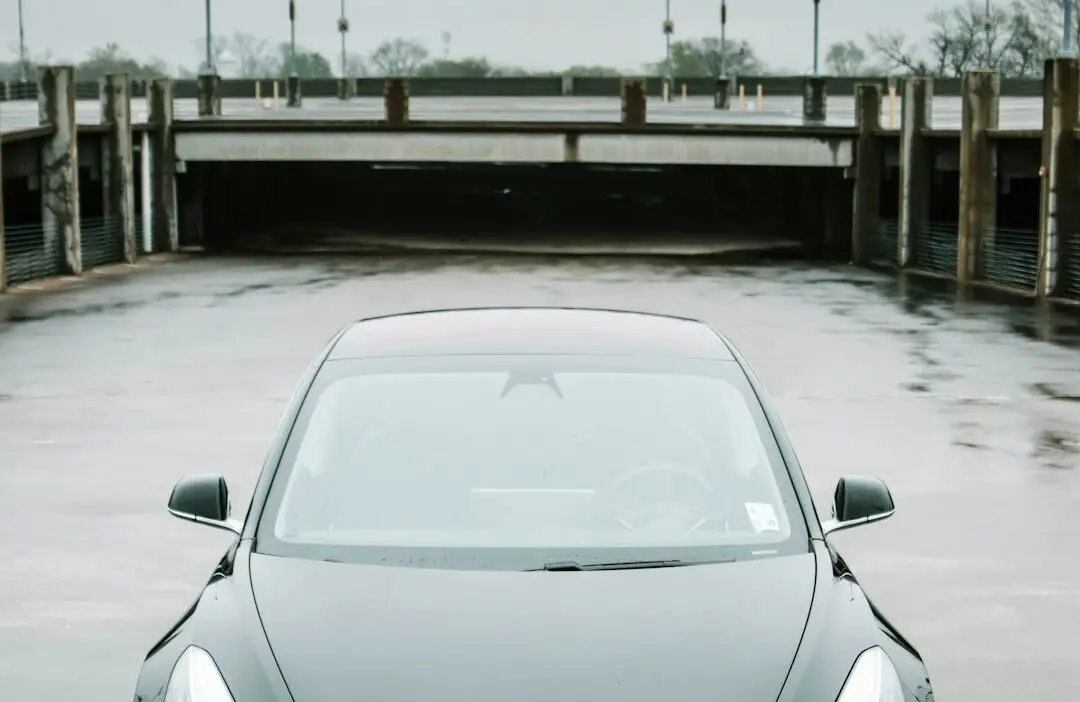## Tesla Gears Up for Optimus Production, Musk Urges Staff to Hold Stock
Elon Musk has set ambitious targets for Tesla’s humanoid robot, Optimus, aiming to produce 5,000 units in 2025. This aggressive production goal, revealed during an internal company meeting, signifies a major push by Tesla to diversify beyond electric vehicles and enter the burgeoning robotics market. Musk reportedly coupled this announcement with a strong recommendation to employees, urging them to refrain from selling Tesla stock, expressing confidence in the company’s future prospects. This move signals a deep belief in the potential of both Tesla’s core business and the emerging robotics division.
The Optimus project, initially unveiled in 2021, envisions a general-purpose humanoid robot capable of performing a wide range of tasks, from mundane chores to complex industrial operations. While still in its early stages, the project has shown significant progress, with recent demonstrations showcasing improved dexterity and mobility. Musk has previously stated his belief that Optimus could eventually become more significant than Tesla’s automotive business, potentially revolutionizing labor markets and contributing significantly to the economy. The planned 2025 production target, while ambitious, underscores Tesla’s commitment to rapidly scaling up Optimus production and realizing this vision.
This latest announcement comes at a crucial juncture for Tesla, as it navigates a complex economic landscape and faces increasing competition in the EV market. Musk’s advice to employees against selling stock suggests a belief that the company’s value is poised for growth, driven by both continued success in the EV sector and the anticipated impact of the Optimus project. For young investors and those following the intersection of technology and finance, the development of Optimus represents a compelling narrative to watch unfold. The potential implications for the future of work, automation, and the economy at large are significant, making this a story with far-reaching consequences. The coming years will be critical in determining whether Tesla can deliver on its ambitious robotics roadmap and reshape industries as profoundly as it has done with electric vehicles.





